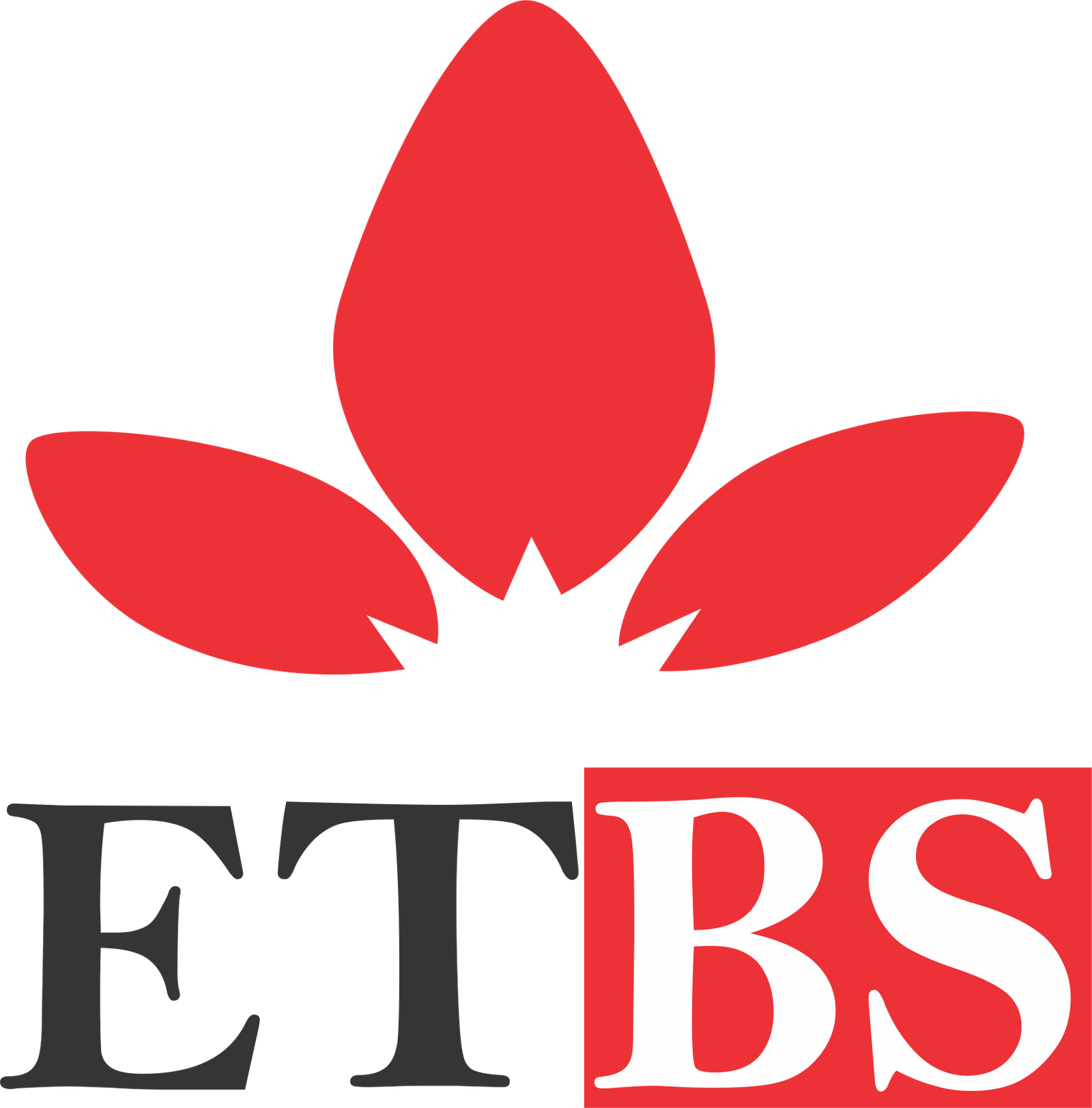 EarthTab Business School
EarthTab Business School
☰
|

COURSE TITLE: DIGITAL TOOLS AND AUTOMATION FOR HOSPITALITY BUSINESSES Welcome to EarthTab Business School. My name is Kofi Nkrumah, and i will be your course preceptor for the course, Digital Tools and Automation for Hospitality Businesses. In today’s hyper-competitive hospitality industry, businesses that rely solely on traditional operations risk being outpaced by competitors who leverage digital transformation, automation, and artificial intelligence to deliver seamless guest experiences, optimize operations, and maximize profitability. This course, Digital Tools and Automation for Hospitality Businesses, is an advanced, multi-dimensional exploration of how digital technologies and automated solutions are revolutionizing hotels, restaurants, resorts, travel agencies, and other hospitality enterprises. It is designed to help hospitality professionals, managers, entrepreneurs, and technology enthusiasts understand the breadth and depth of modern digital ecosystems, while also equipping them with hands-on strategies, frameworks, and real-world applications to implement automation for operational efficiency and enhanced customer satisfaction. The hospitality industry is inherently guest-centric, and every interaction, whether it’s booking a room, ordering food, checking in, or leaving feedback, represents a critical customer touchpoint. With rising consumer expectations, digital-native generations, and increased competition from global booking platforms, digitization and automation are no longer optional but essential survival strategies. Shift from manual to digital-first: Guest records, bookings, staff scheduling, and payments that were once handled manually are now managed by cloud-based Property Management Systems (PMS). Hospitality 4.0 mindset: The industry is embracing automation, data-driven personalization, artificial intelligence, robotics, and IoT to enhance service delivery. Customer expectations: Guests demand instant gratification, frictionless interactions, and personalized experiences at every stage of their journey. This course contextualizes how digital adoption is a strategic response to these pressures and opportunities. This course spans ten interconnected modules, each addressing a critical layer of digital and automation integration. It explores not just what tools exist, but how to implement them, measure their ROI, and align them with customer journeys. You will explore: Digital booking platforms and integrations with OTAs (Online Travel Agencies). CRM (Customer Relationship Management) and AI-driven personalization. Automation in check-in/check-out, housekeeping, and F&B ordering. Data analytics and predictive modeling for demand forecasting. Robotics in concierge services, luggage handling, and cleaning. Chatbots, voice assistants, and virtual reality in guest engagement. Payment automation, blockchain, and digital wallets in hospitality finance. Marketing automation with programmatic ads, email journeys, and social media AI tools. Integration of IoT for smart room management and energy efficiency. Cybersecurity, compliance, and ethical considerations in digital adoption. By the end of the course, you will be able to: Comprehend the evolution of digital technologies in hospitality. Evaluate different automation solutions and select the right fit for their business. Implement tools that enhance guest satisfaction and operational efficiency. Analyze data from digital platforms to inform decision-making. Integrate AI, IoT, and automation across multiple business functions. Address challenges such as cost, resistance to change, and data privacy issues. Measure the return on investment (ROI) of digital transformation initiatives. Digital transformation is not just about adopting software, it’s about reimagining hospitality business models. This course emphasizes: Competitive advantage: Digital tools provide differentiation in saturated markets. Scalability: Automation allows businesses to handle more guests with fewer resources. Cost efficiency: Smart scheduling, automated payments, and robotics reduce overhead. Sustainability: IoT-enabled energy management reduces environmental impact. Resilience: During disruptions like pandemics, automation ensures continuity with minimal human contact. This course adopts a blended pedagogy to deliver maximum impact: Conceptual Frameworks: Theoretical foundations of digital transformation. Case Studies: Real-world examples from leading hospitality brands (e.g., Marriott’s chatbots, Hilton’s digital keys, Domino’s AI-driven delivery systems). Simulations and Labs: Hands-on sessions where learners experiment with booking platforms, CRM software, chatbot builders, and analytics dashboards. Guest Lectures: Industry experts share best practices in hotel automation. Capstone Project: You will design a full digital and automation strategy for a hypothetical or real hospitality business. Upon completion of this course, you will emerge as digitally competent hospitality professionals capable of spearheading transformation in their organizations. They will have the ability to: Deploy automation tools across departments. Redesign guest journeys with a digital-first approach. Leverage data analytics for personalized service delivery. Future-proof businesses by staying ahead of technological disruptions. Digital Ecosystem Mapping: understanding the digital landscape in hospitality. End-to-End Automation: from reservations to housekeeping. Personalization at Scale: tailoring guest experiences using AI. Smart Infrastructure: IoT, robotics, and smart rooms. Seamless Integration: connecting PMS, CRM, ERP, and third-party APIs. Ethics and Governance: managing data privacy and cybersecurity risks. Innovation and Future Trends: AR/VR in tourism, blockchain for loyalty programs, autonomous service robots. Hospitality Managers aiming to modernize operations. Business Owners/Entrepreneurs seeking to increase competitiveness. IT Professionals in Hospitality managing digital platforms. Students of Hospitality Management looking to specialize in digital systems. Consultants and Strategists in travel, tourism, and leisure industries. Completing this course opens opportunities in: Digital Transformation Manager roles in hotel chains. Operations Analyst focusing on automation. CRM & Digital Marketing Specialist in hospitality. IT & Systems Coordinator for hospitality enterprises. Entrepreneurship: launching tech-driven travel and hospitality startups. As hospitality moves into Hospitality 5.0, blending AI, robotics, blockchain, and hyper-personalization, the need for professionals who can navigate and lead this digital frontier becomes urgent. This course equips learners not just with current best practices but with future-oriented thinking to anticipate industry evolution. I look forward to congratulating you upon completion of this course.Course Overview
1. The Context of Digital Transformation in Hospitality
2. Scope of the Course
3. Learning Objectives
4. Relevance and Importance
5. Teaching and Learning Approach
6. Expected Outcomes
7. Key Themes Covered Throughout the Course
8. Who Should Enroll?
9. Career and Business Impact
10. Forward-Looking Perspective

Unlocking Professional Potential through world-class assessments and industry-ready training.
"Empowering Professionals through practical, accessible online business education"
- Blessing Princess Agho
 Founder/Lead Instructor
Founder/Lead Instructor